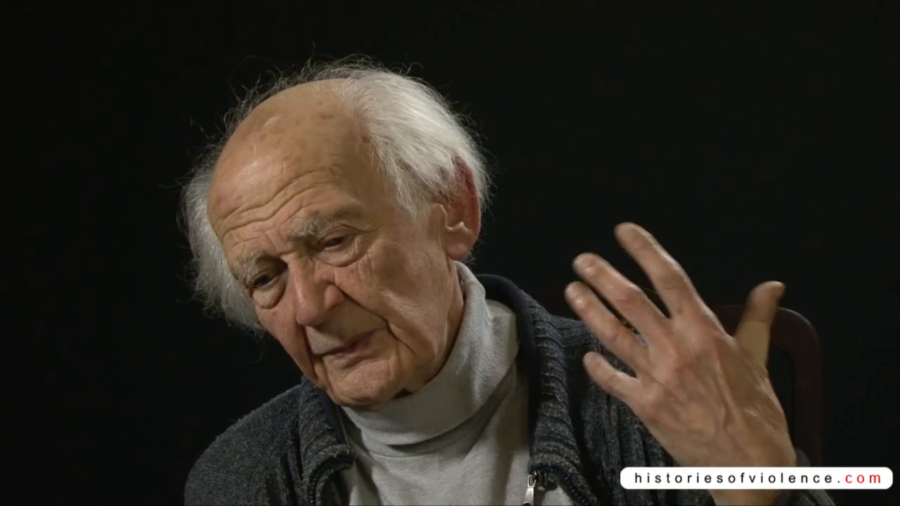In pre-modern societies there was no idea of waste; everything was going back into life—recycled, as we would say today. If there were more children coming into the world in a family, then obviously there was room for them, and extra work somewhere in the farmyard, in the field, in the stable. And of course a place around the table. So the idea of being redundant, having no place in society, simply didn’t occur.
Archive
In 1962, the Food and Drug Administration approved the birth control pill. I would submit that that’s one of the four or five most transformative technological changes of the last millennium. Not just the last century. Because for the first time in the history of the world, half the people on Earth no longer have to depend on the other half for the arc of their lives.
If the point of making a 10,000-year clock is to get people to think longer term how do you design that experience so that it really does that? And one of the things that we we realized is that people really need to be able to interact with it. That they need to be able to make the moment they visit it their own. So while the clock does keep time all by itself with the temperature difference from day to night, it doesn’t actually update any of the dials, none of the chimes chime, unless someone’s there to wind it.

